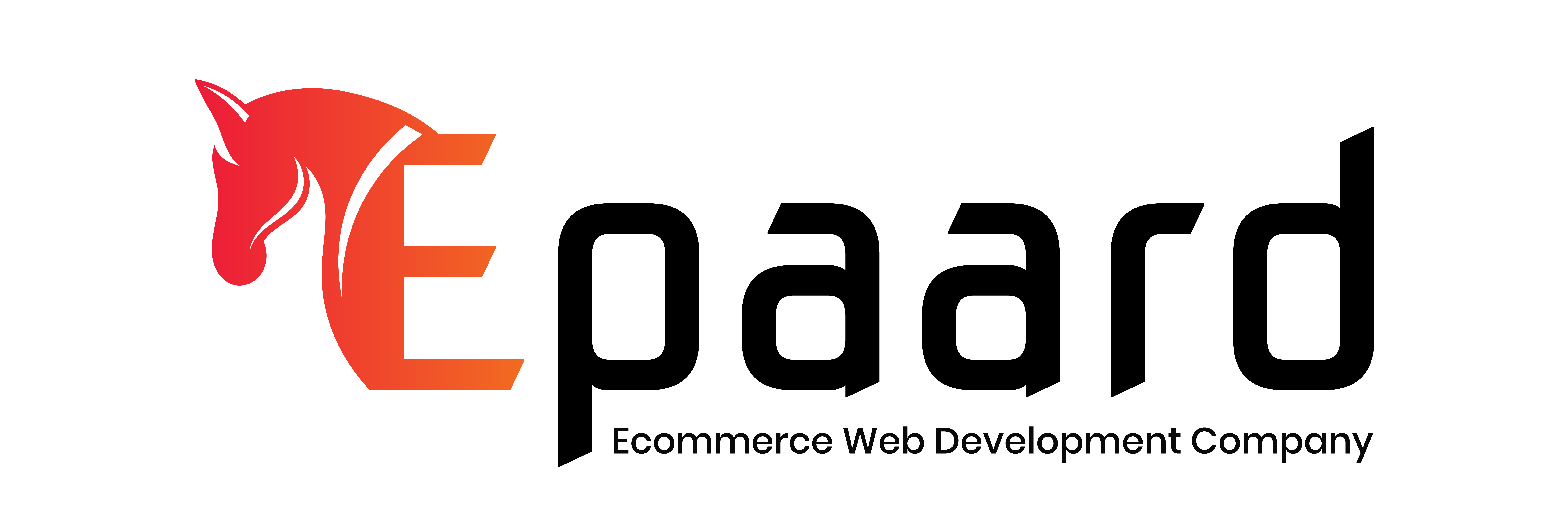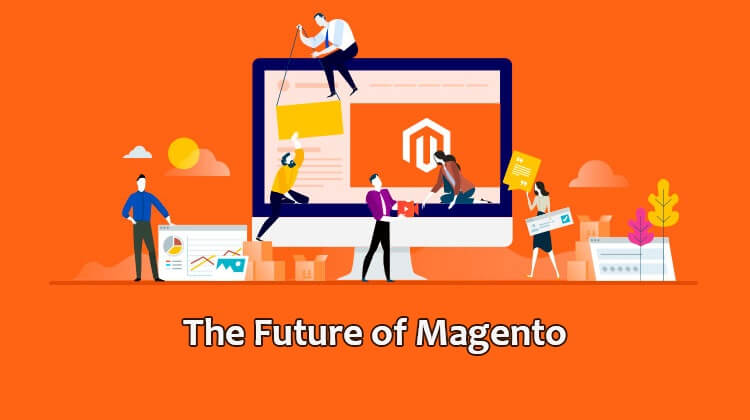For a long time, Magento has been a popular CMS in the world of e-commerce. It has gained a reputation for providing a platform rich in various features and a versatile system to handle e-commerce operations on a larger scale. However, with time, the digital world has developed so much that every mind has a question, “What is the future of Magento?
In this blog, we will explore the future of Magento, how it is relevant to the world of e-commerce, and why it is the best e-commerce platform.
Why Magento is the Best eCommerce Platform?
Firstly, we have to know the basics of Magento for a better understanding. Magento is a content management system, or CMS, that allows a user to create, manage, and optimize their business online. It also offers many features, including order management and product catalog management: payment integration, client management, and much more.
Magento offers various customization solutions, which makes it a popular choice in e-commerce. It enables developers to build customized extensions and modules and online businesses to develop unique storefronts.
What is the Future of Magento?
Magento has been around for more than a decade, and throughout that time, it has adapted to meet the ever-evolving requirements of online retailers. It is expected that Magento will continue to develop alongside the ever-changing eCommerce industry.
The move toward mobile commerce is one of the most important things that will shape the future of Magento. As many consumers shop online via mobile devices, eCommerce businesses must adapt to this trend. Magento has already taken measures to address this issue by introducing a mobile-first strategy that enables businesses to create mobile-friendly storefronts that provide a seamless user experience.
The rise of omnichannel commerce is another trend that will impact the future of Magento. Customers are no longer restricted to a single shopping channel, such as Magento websites or physical stores. Instead, they anticipate a unified shopping experience across multiple channels, including social media and marketplaces. Magento has already taken steps to address this trend by integrating with popular marketplaces such as Amazon and eBay and social media platforms such as Facebook and Instagram.
In addition to the trends mentioned above, advancements in AI and ML will also impact the future of Magento. Using these tools, magneto e-commerce companies can streamline processes, improve customers’ shopping experiences, and increase revenue. Magento has already begun incorporating AI and ML into its platform, and these Magento e-commerce trends are likely to continue.
Relevancy of Magento and E-commerce
Even though there is a lot of competition in the e-commerce space, many companies still prefer Magento. According to BuiltWith, over 180,000 Magento websites, including some of the most well-known brands in the world, use Magento as their platform.
Magento’s continued success is partly attributed to the platform’s flexibility in meeting the evolving requirements of Magento e-commerce stores. As we’ve discussed, Magento is taking action to adapt to the e-commerce future trends that will determine the course of the industry and the future of e-commerce. It incorporates a mobile-first strategy, multi-channel sales, AI, and ML.
Magento is a robust eCommerce platform because it provides various features and functionalities. Among these are effective advertising resources, an elaborate system for managing product catalogs, and cutting-edge order management features. These capabilities, coupled with Magento’s adaptability, make it a popular choice among businesses needing an eCommerce platform capable of supporting massive transactions.
For online stores, many people agree that Magento is the best option. Some of the many reasons why Magento is a superior e-commerce platform are as follows:
Flexibility: Magento can be used for various e-commerce tasks because it is a highly adaptable platform. It’s flexible enough to meet the needs of businesses of any size, from sole proprietorships to multinational conglomerates.
Customizability: Because of Magento’s extensive configuration options, online merchants can design unique storefronts in keeping with their respective brands. It is a must-have for online stores to differentiate themselves from the competition and give customers a unique and enjoyable shopping experience.
Scalability: Magento can scale your business because it is a robust platform designed for online retail. It’s perfect for companies that want to increase their visibility on the web because of this.
Versatility: Magento is a versatile platform that provides various features and functionalities. It has a rich ecosystem of add-ons that can be integrated with it, giving online retailers greater flexibility.
Opensource: Because it is open source, Magento can be modified without cost to the company or individual developer. It is a suitable option for companies with limited resources.
Community: A sizable and helpful group of people who regularly work on and use the platform that supports Magento. This community-driven strategy guarantees Magento’s continued viability in the dynamic eCommerce market.
Conclusion
As long as it can continue to accommodate the ever-evolving requirements of eCommerce companies, the future of online shopping is bright. Magento is well-positioned to meet the demands of the future eCommerce market thanks to its mobile-first approach, omnichannel commerce capabilities, and integration with AI and ML technologies.
Because of its adaptability, scalability, flexibility, and open-source nature, Magento remains a favorite among companies of all sizes, even though the number of competitors in the market is growing. Magento is the best eCommerce platform for businesses looking for a powerful and versatile medium to power their online stores because it possesses these features and has a large and active community. Magento has a bright future ahead of it as it continues to develop and advance with the addition of new features and updates.



